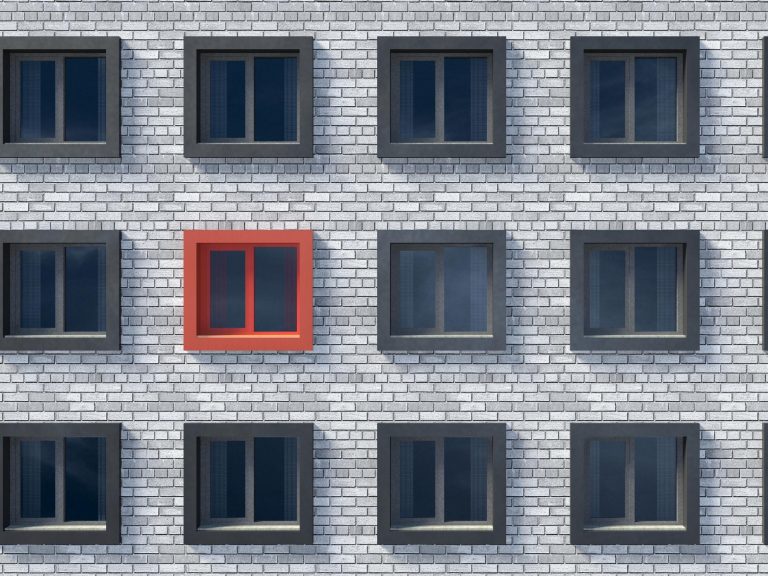In an era of robust visitation for St. Augustine, there is perhaps no better time to build upscale hotels.
The words and actions of town’s hotel industry leaders clearly back that up.
Some of those leaders spoke during a panel discussion Friday sponsored by the St. Johns County Chamber of Commerce. They also addressed the longtime, yet growing, concerns about the city’s fragile balance between catering to tourists while keeping it a place worth living.
Kanti Patel, largely considered the foremost hotelier in town, is best known for developing the Hilton St. Augustine Historic Bayfront. He’s also working on a project called the San Marco Hotel near the parking garage. He said there’s a lot of interest in top-of-line lodging.
“I’m seeing in the future a high-end hotel (is) going to do better,” Patel said. “We’re seeing more rich people coming in and staying here.”
Bryan Greiner, president of Augustine Development Group LLC, agreed. That’s why his company is developing Lotus Inn & Suites on the site of the former Fazio’s Seafood Market off King Street. He’s also developing a new La Quinta at 215 Anastasia Blvd.
Other than the Hilton and the Casa Monica Resort, there aren’t many upscale hotel options near the city of St. Augustine for travelers to choose. The other high-end choices are mostly in Ponte Vedra Beach. However, there is a beachfront Embassy Suites under construction on St. Augustine Beach.
“The high-end market is something that just doesn’t exist here,” Greiner said. “We’ve seen 18-, 20-percent increase in Rev-Par (revenue per room). That doesn’t exist in other markets. There’s a high-end cap that just isn’t being catered to.
“Our Lotus hotel, we’re going to see rates in the $260 to $360 a night (range). We really think that’s the future. We think the high-end market is exactly where it’s at. The numbers don’t lie. There’s an apparent lack of supply in that higher-end set.”
Jerry Dixon, a local architect who was part of the Casa Monica and Bayfront Hilton projects, said it’s amazing to look back to just the 1990s and think about how much has changed in the city when it comes to hotels.
The well-heeled traveler that visited the city 20 years ago had far fewer choices than the current ones. And those five years from now will have even more options.
“Outside of the bed and breakfasts, you only had the bayfront motels,” Dixon said. “It was not that many years ago. We’ve come a long way.”
Dixon and others acknowledged that such changes haven’t pleased everyone. Residents from natives to recent transplants have given voice to opposition to anything that expands tourism in the city.
St. Augustine’s growing popularity among visitors and the county’s exploding full-time population have put stress on what is a beloved destination for many.
James Whitehouse, a St. Augustine attorney who often represents hoteliers and other businesses in front of the St. Augustine City Commission and the Planning and Zoning Board, said finding balance between residents and business is challenging. But he noted that many of the projects can be enhancements for the city.
“An open dialogue with business is very important,” he said. “We live in a livable city, and obviously we want people to be comfortable in their homes. We want people to be comfortable in their daily lives. And that’s always paramount to the operation of business. The idea of it should be.
“The fact is we need the business to prosper as well.”
Whitehouse said even some projects that faced serious opposition end up being good for the community and generally well received.
Dixon mentioned that the Bayfront Hilton project needed more than 30 public hearings before it finally went forward. Certainly, there are still detractors, but it’s considered by many to be a vital part of the tourism economy here and one of the best hotels around.
Without good hotels and other related businesses, Dixon warned that St. Augustine would lose many of the things that make it charming.
“We’ve had an anti-tourism movement perpetuated primarily because of traffic issues,” Dixon said. “But I’d like to remind people that if we didn’t have tourism and the visitors that we have that support all of these neat restaurants and all of these neat venues, we’d be another downtown Palatka.
“It is a nice beautiful downtown on the river and it’s still sitting empty. And they’ve done everything (to promote development).”




